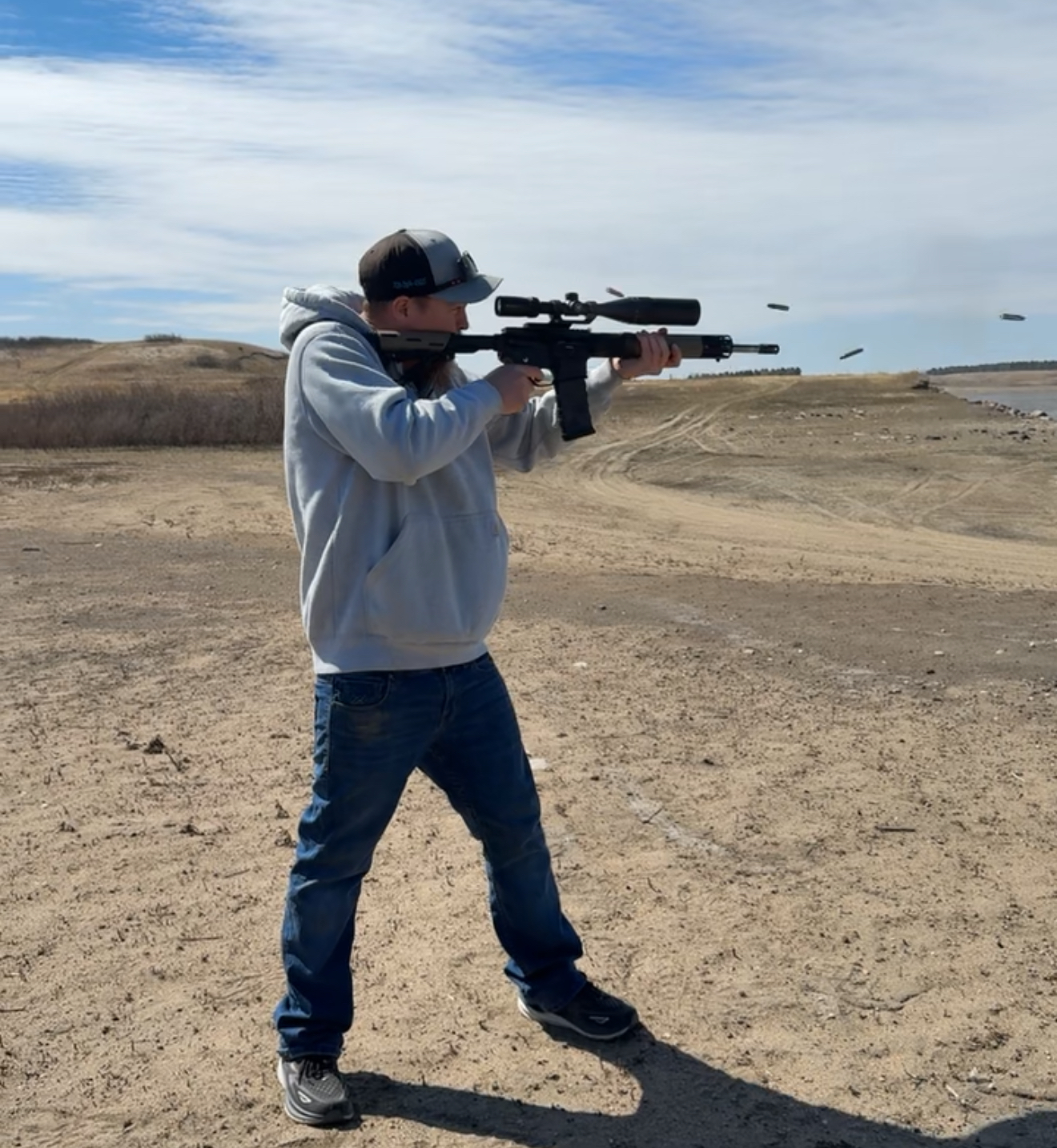The Ultimate Guide to Gun Rights and Legalities
- ryandavis86

- Jul 8, 2025
- 4 min read
Gun rights and legalities are topics that spark intense debate across the United States. For many, the right to bear arms is a fundamental freedom, while others advocate for stricter regulations to ensure public safety. Understanding the laws surrounding gun ownership is crucial for anyone interested in firearms, whether for personal protection, sport, or collection. This guide aims to provide a comprehensive overview of gun rights and the legal landscape in which they exist.
Understanding the Second Amendment
The Second Amendment of the United States Constitution states, "A well regulated Militia, being necessary to the security of a free State, the right of the people to keep and bear Arms, shall not be infringed." This amendment is the cornerstone of gun rights in America.
The interpretation of this amendment has evolved over time. Some argue it guarantees an individual's right to own firearms, while others believe it only protects the right to bear arms in the context of a militia.
Recent Supreme Court rulings have leaned towards the individual rights interpretation, affirming that citizens have the right to possess firearms for self-defense and other lawful purposes.
Federal Gun Laws
At the federal level, several laws govern gun ownership. The Gun Control Act of 1968 is one of the most significant pieces of legislation. It regulates the sale and possession of firearms and prohibits certain individuals from owning guns, including:
Felons
Individuals with restraining orders
Those deemed mentally incompetent
Additionally, the National Instant Criminal Background Check System (NICS) was established to ensure that individuals purchasing firearms do not fall into these prohibited categories.
State-Specific Regulations
While federal laws set a baseline for gun ownership, each state has the authority to enact its own regulations. This can lead to significant variations in gun laws across the country.
For example, some states have "shall-issue" laws, meaning that authorities must issue a concealed carry permit if the applicant meets certain criteria. Other states have "may-issue" laws, giving authorities discretion in issuing permits.
Here are a few examples of state-specific regulations:
California: Requires background checks for all gun purchases and has a 10-day waiting period.
Texas: Allows open carry of firearms and has a relatively straightforward process for obtaining a concealed carry permit.
New York: Has strict regulations, including a requirement for a permit to purchase a handgun.
Understanding these state-specific laws is essential for responsible gun ownership.
The Importance of Responsible Gun Ownership
Owning a firearm comes with significant responsibilities. It is crucial for gun owners to understand not only the laws but also the ethical implications of gun ownership.
Here are some key points to consider:
Safety Training: Taking a firearms safety course can help prevent accidents and ensure that gun owners know how to handle their weapons safely.
Secure Storage: Firearms should be stored securely to prevent unauthorized access, especially by children.
Understanding the Law: Gun owners should stay informed about local laws and regulations, as they can change frequently.
Responsible gun ownership is not just about the right to bear arms; it is also about ensuring the safety of oneself and others.
The Debate Over Gun Control
The conversation around gun rights often intersects with discussions about gun control. Advocates for gun control argue that stricter laws can help reduce gun violence and increase public safety.
Some common proposals include:
Universal background checks for all gun purchases.
Banning assault weapons and high-capacity magazines.
Implementing red flag laws that allow authorities to temporarily remove firearms from individuals deemed a threat.
Opponents of gun control argue that these measures infringe on individual rights and do not effectively address the root causes of violence.
This debate is ongoing, and it is essential for individuals to engage in informed discussions about the implications of both gun rights and gun control.
The Role of Advocacy Groups
Numerous organizations advocate for gun rights and gun control, each with its own agenda and influence.
National Rifle Association (NRA): A prominent organization that advocates for gun rights and opposes many forms of gun control. The NRA plays a significant role in shaping public policy and influencing legislation.
Everytown for Gun Safety: A group that advocates for gun control measures and aims to reduce gun violence through legislative action and public awareness campaigns.
These organizations often mobilize their members to participate in lobbying efforts, public demonstrations, and educational initiatives. Understanding their positions can provide insight into the broader conversation about gun rights and legalities.
The Future of Gun Rights
As society evolves, so too will the conversation around gun rights and legalities. Technological advancements, changing demographics, and shifting public opinions will all play a role in shaping future laws and regulations.
Some potential trends to watch include:
Smart Gun Technology: Innovations that allow only authorized users to operate a firearm could change the landscape of gun ownership and safety.
Increased Advocacy: As more individuals engage in discussions about gun rights, advocacy efforts may grow, leading to changes in legislation at both state and federal levels.
Public Opinion Shifts: Changes in public sentiment regarding gun ownership and safety could influence lawmakers and lead to new regulations.
Staying informed about these trends is essential for anyone interested in the future of gun rights.
Final Thoughts on Gun Rights and Legalities
Navigating the world of gun rights and legalities can be complex. However, understanding the laws, responsibilities, and ongoing debates is crucial for responsible gun ownership.
Whether you are a seasoned gun owner or someone considering purchasing a firearm, being informed is your best tool. Engage in discussions, stay updated on laws, and prioritize safety.
By doing so, you can contribute to a more informed and responsible conversation about gun rights in America.



Comments